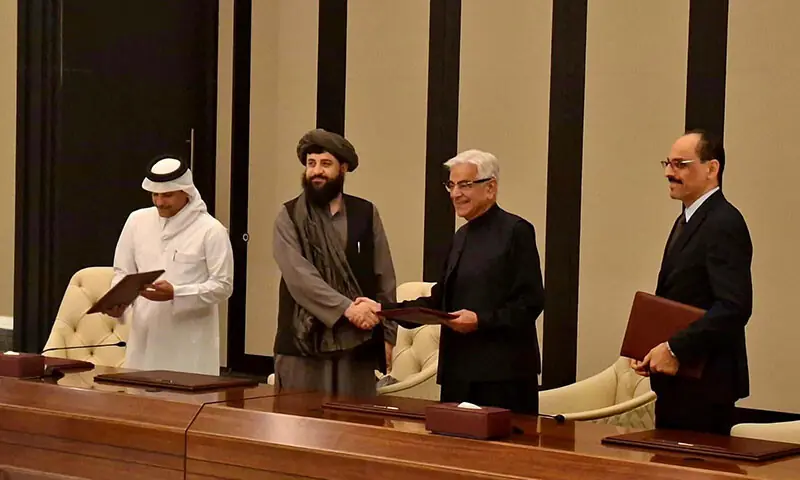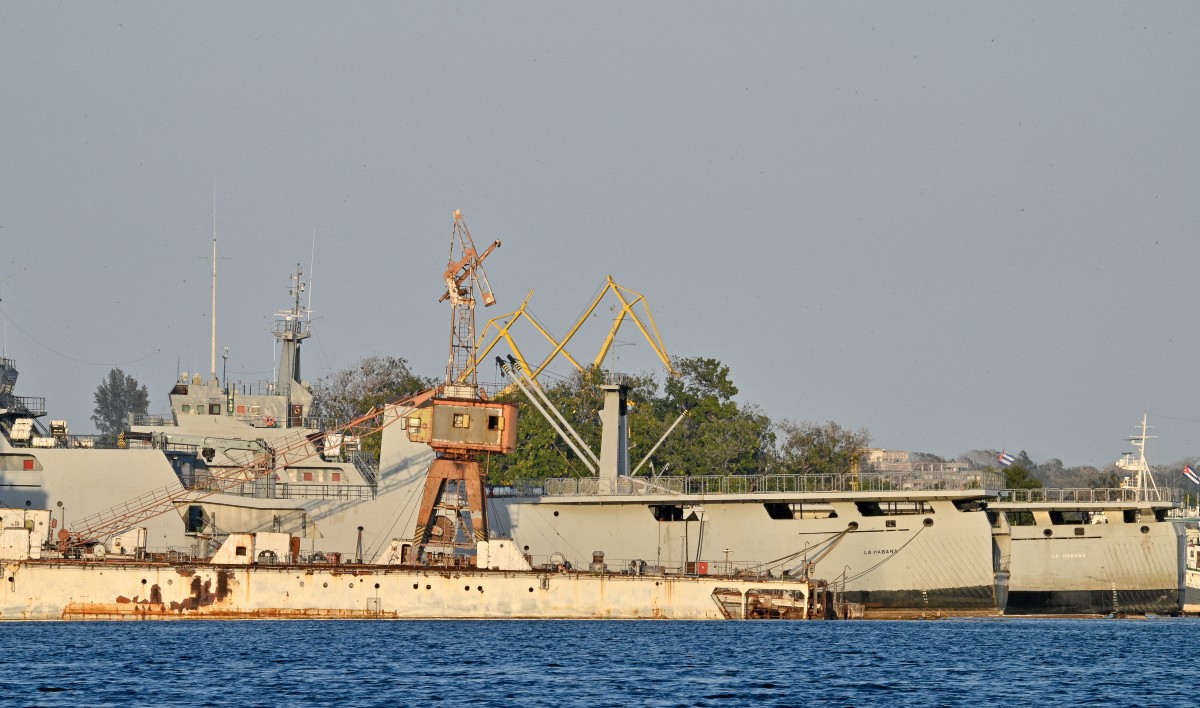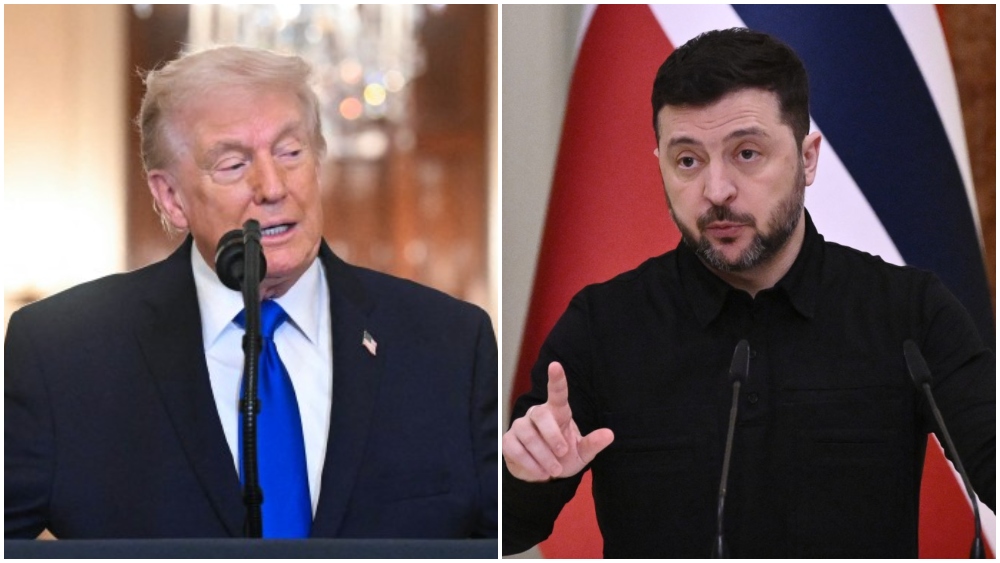ISLAMABAD: Pakistan on Sunday slammed the Afghan Taliban regime for failing to stop cross-border terrorism, saying Kabul offered “hollow promises and inaction” despite repeated assurances during talks mediated by Turkiye and Qatar in Istanbul earlier this week.
In a statement, the Foreign Office said the third round of Pakistan-Afghanistan talks, held on November 6–7, ended without progress because the Taliban side “tried to dilute the focus on the core issue of terrorism.”
“For the past four years, since the Taliban regime came to power in Afghanistan, there has been a sharp surge in terrorist attacks emanating from Afghan soil on Pakistan,” the spokesperson said. “Despite suffering military and civilian casualties, Pakistan exercised maximum restraint and did not retaliate.”
Pakistan said it had repeatedly engaged Kabul with “trade concessions, humanitarian assistance and international advocacy,” but said these gestures were not reciprocated.
“The response from the Taliban regime has only been hollow promises and inaction,” the statement said.
Islamabad said the Taliban continues to harbor militants affiliated with TTP/FaK and BLA/FaH who fled Pakistan after Operation Zarb-e-Azb in 2015.
Pakistan refers to TTP, an umbrella network of various armed groups, as “khawarij,” a term rooted in early Islamic history used to describe an extremist sect that rebelled against legitimate authority and declared other Muslims apostates. The BLA refers to the Balochistan Liberation Army, while FaH, Fitna al-Hindustan, is a term used by Islamabad to denote Indian-sponsored militants.
According to the statement, these fighters have now “established training camps in Afghanistan to launch terrorist activities in Pakistan.”
“More than being a matter of capability, it has become a matter of intent of Taliban regime,” the spokesperson said. “Empty hopes and hollow promises rendered by Taliban regime so far have already outlived their efficacy.”
Pakistan said the Istanbul session was expected to finalize a monitoring mechanism agreed in an earlier round in Doha, but claimed Taliban representatives “avoided taking any measures on ground and tried to back out of the commitments they had undertaken.”
It said Kabul’s delegation “prolonged discussions and engaged in futile arguments” to avoid addressing Pakistan’s core demand of verifiable action against militants. “The Taliban regime was only interested in prolonging the temporary ceasefire,” the statement said.
Islamabad also rejected the Taliban’s claim that terrorism in Pakistan is an internal issue. “There are individuals in Afghanistan who have issued fatwas legitimizing terrorist attacks against Pakistan,” the statement said, adding that several groups now operating inside Pakistan include “a large number of Afghan nationals.”
Pakistan further criticized attempts by the Taliban to frame wanted militants and their families as refugees. “This is not a humanitarian or a refugees issue, but a ploy to frame terrorists as refugees,” the spokesperson said.
Islamabad reiterated it is prepared to receive Pakistani nationals from Afghanistan “provided they are handed over at Torkham or Chaman, and not sent across with weapons.”
The statement stressed Pakistan prefers diplomacy but delivered a clear warning. “Pakistan’s Armed Forces and its people are well determined to eliminate the menace of terrorism from its soil and take action against its supporters, abettors and financiers.”
While reaffirming its willingness to continue dialogue, Pakistan said its “core concern, i.e. terrorism emanating from Afghanistan, needs to be addressed first and foremost.”





.jpg)
.jpg)